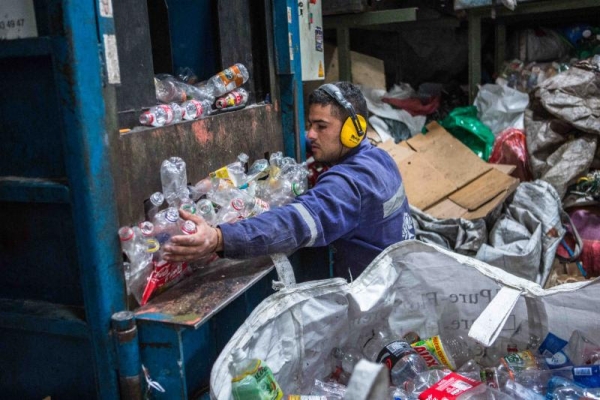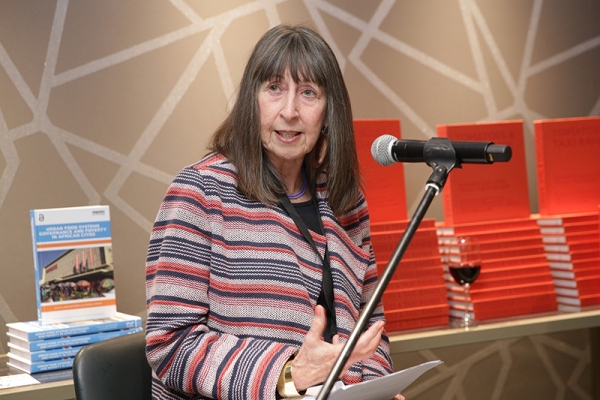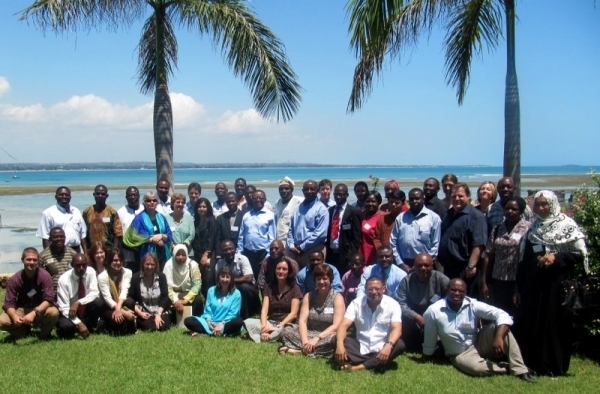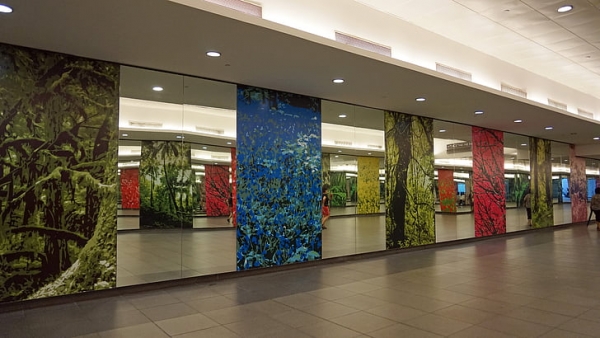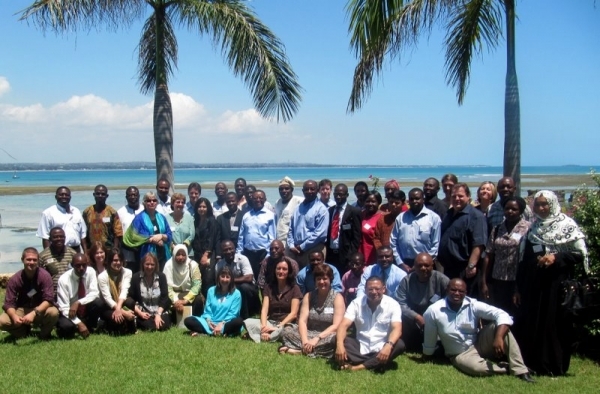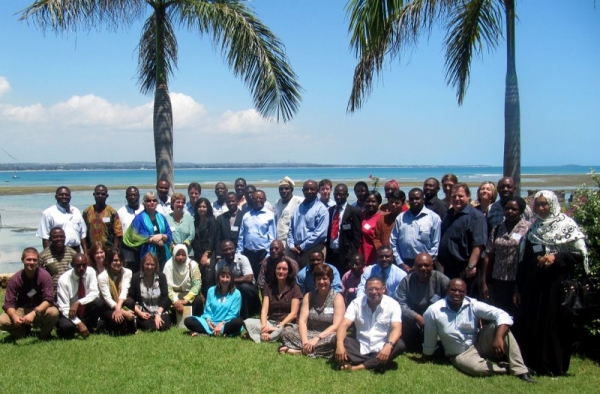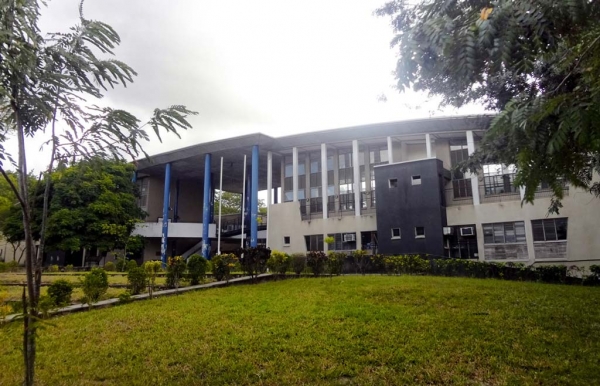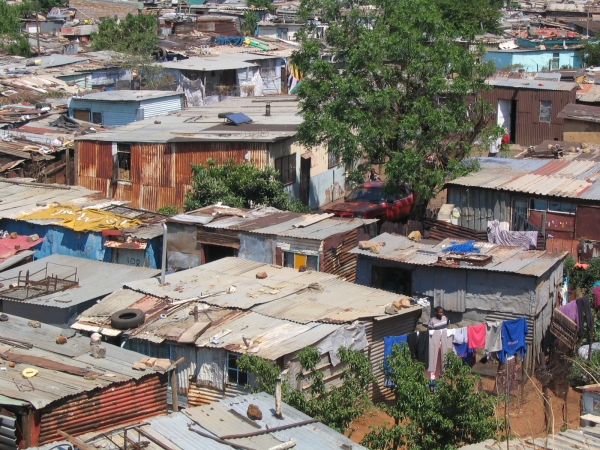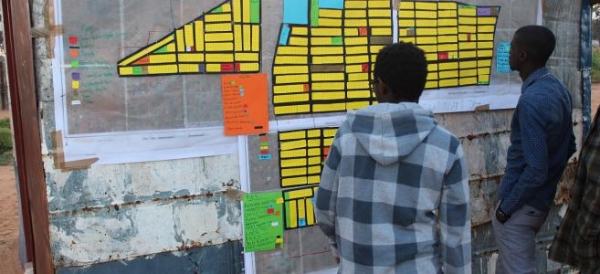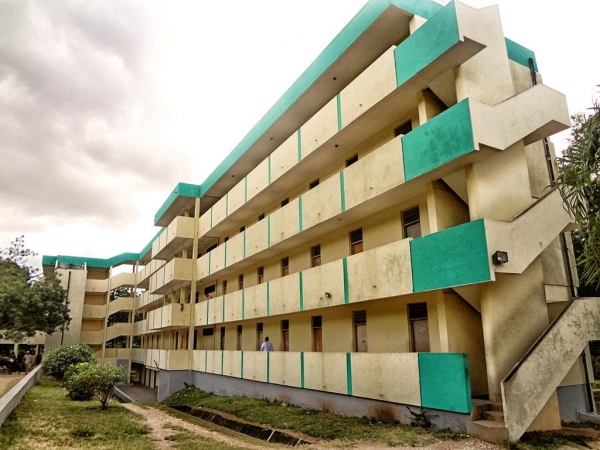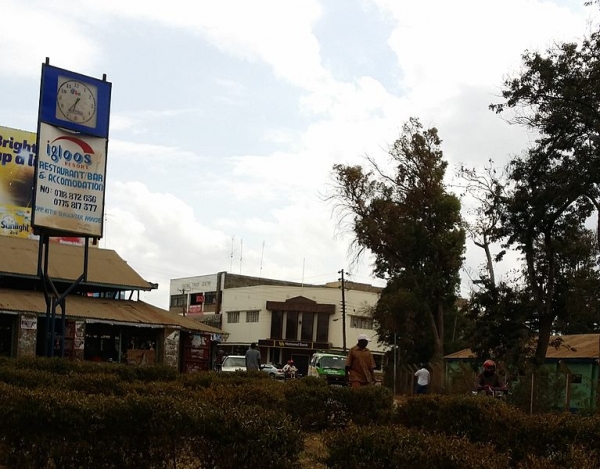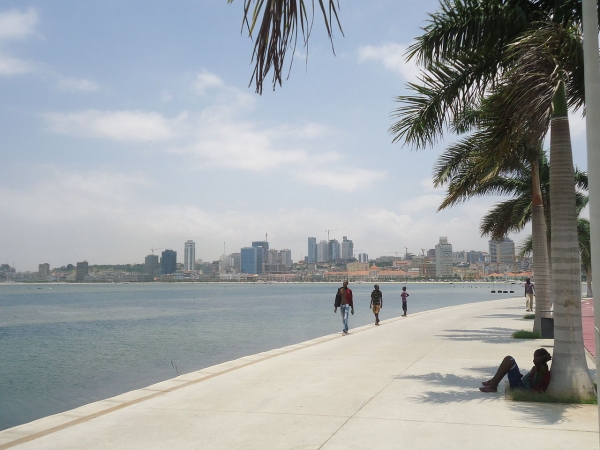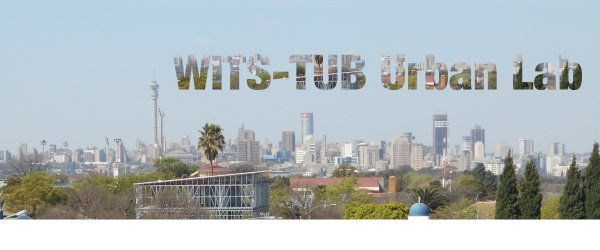A special issue of the New Solutions journal has been released focusing on the health and safety of informal workers. The issue was assembled by colleagues from Women in Informal Employment: Globalising and Organising (WIEGO).
New Solutions is a journal of occupational health that has a progressive, worker-oriented focus. Guest Editors for the August 2016 edition are Francie Lund and Rajen Naidoo. Francie is special adviser to WIEGO’s Social Protection Programme, and until recently was a professor in the School for Built Environment and Development Studies at the University of KwaZulu-Natal (UKZN). Rajen Naidoo, a medical specialist in occupational health, is professor and head of the Department of Occupational and Environmental Health in the School of Nursing and Public Health at UKZN. A number of papers in this special issue are written by colleagues from the WIEGO Network: Laura Alfers, Marty Chen, Poornima Chikarmane, Richard Dobson, Francie Lund, Vilma Santana, Demetria Tsoutouras, and Phumzile Xulu.
Globally, mainstream occupational health and safety does not cover informal workers or their workplaces. Millions of workers work in public spaces or in their own homes. Different types of work carry different risks and hazards, and various challenges are posed to mainstream occupational health and safety, as well as to the institutions of local government.
The challenges are enormous. The August 2016 issue of New Solutions shows the great diversity that exists within the informal economy. It outlines some of the barriers to informal workers achieving improved working environments, but also demonstrates what can be done, and indeed what has been done in a number of innovative interventions in different occupations. Many of these efforts were spearheaded by organizations of informal workers, sometimes with the active assistance of a formal trade union or union federation. Some of them required collaboration with municipal authorities - who themselves may have a bias against informal workers, or blindness to workers' particular lived experiences. Change has to take place at both the local and national levels of policy influence and intervention.
Sage Publications and New Solutions have offered free access to all articles in the August 2016 special issue of New Solutions until October 2016.

